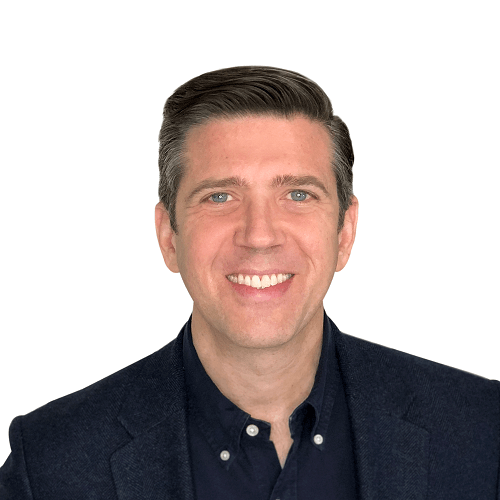This article is part of our celebration of Women’s History Month where we feature stories of remarkable women who have shaped our world. In this article, we give tribute to Marie Curie, the only woman to receive two Nobel Prizes.
Marie Curie
7 November 1867 – 4 July 1934
Profession: Physicist, Chemist and Nobel Prize Winner
Marie Curie (1867-1934) was a Polish-French chemist whose immense contributions to the field of nuclear physics garnered her not one but two Nobel Prizes. She was the first woman to be awarded a Nobel Prize.
Marie Curie was born Maria Sklodowska in Warsaw in 1867 at a time when Poland was ruled by the Russian and the Austro-Hungarian empires. The fifth child of educator parents, Maria lost both her eldest sister and her mother to illnesses when she was still a child. Despite these losses, Maria excelled at the Russian high school in Warsaw, winning a gold medal upon her completion at the age of 16. However, she was unable to enroll in any area university because she was a woman.
Maria worked as a tutor and governess and later in a chemical laboratory in Warsaw. At this time, she also became involved in revolutionary politics as part of the nationalist university movement that admitted women. After saving enough money at the age of 24, Maria joined her older sister in Paris and began her scientific and mathematical studies at the Sorbonne.
She would live the rest of her life in France and was known there as “Marie”. After only two years, in 1893 she earned her degree in physics and began work in Gabriel Lippman’s laboratory. In 1894, she met Pierre Curie, a physics professor, whom she married in 1895. Together the Curies were a pioneering couple in scientific research and enjoyed a shared passion for travel and bicycle riding. They had two daughters – Irène and Eve.
Curie received her PhD in physics in 1903. Together, the Curies discovered and then isolated the radioactive elements polonium and radium. (Curie named polonium after her native Poland). For this discovery they earned the Nobel Prize in Physics in 1903, shared with Henri Becquerel who had discovered radiation. This was the first time a Nobel Prize had been awarded to a woman. Unbelievably, Curie won a second Nobel Prize in 1911 (in Chemistry) for her continued work on radioactivity.
Initially serving as chief assistant in Pierre’s laboratory, Curie became director after his death in a tragic road accident in 1906. She also assumed his position as Professor of Physics and was the first woman to ever teach at the Sorbonne. She promoted the therapeutic use of radium especially during World War I when she organized mobile x-ray teams with the assistance of her elder daughter Irène. (Irène would later receive a Nobel Prize in Chemistry with her husband Frédéric Joliot.) Her younger daughter Eve worked as a journalist and would later publish a biography of her mother titled Madame Curie.
Curie traveled to the United States in 1921, taking her daughters with her, where she met President Warren Harding and she lectured widely, including in places as distant as Brazil. She also oversaw the establishment of the Curie Foundation in Paris and the Radium Institute in Warsaw (where her own sister became director). Curie died in 1934 from leukemia which had developed from accumulated radiation exposure. Her contributions to the field are legendary, and her office and laboratory in the Radium Institute in Paris are now preserved as the Curie Museum.
Marie Curie:
- The first woman to receive a Ph.D. in France.
- The first female professor at the Sorbonne.
- The first woman to win the Nobel Prize.
- The first person to win more than one Nobel Prize (and to this day, the only woman to win more than once).
- And the first person to win a Nobel Prize in more than one scientific field.
#EachforEqual #IWD2020 #InternationalWomensDay
To learn more about Marie Curie:
- “Madame Curie’s Passion.” Julie Des Jardins for the Smithsonian Magazine. October 2011
- Marie Curie, Encyclopaedia Britannica
- Marie Curie, The Nobel Prize





